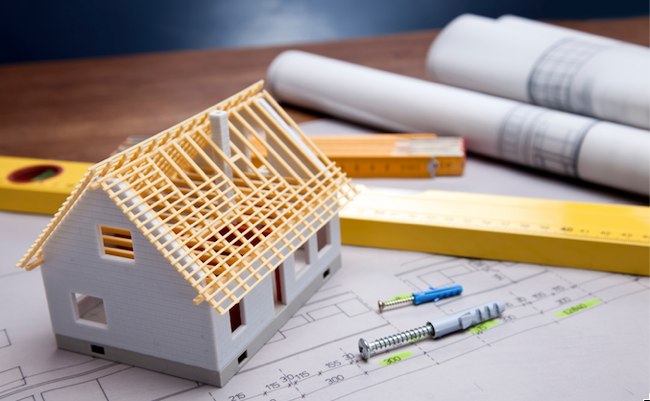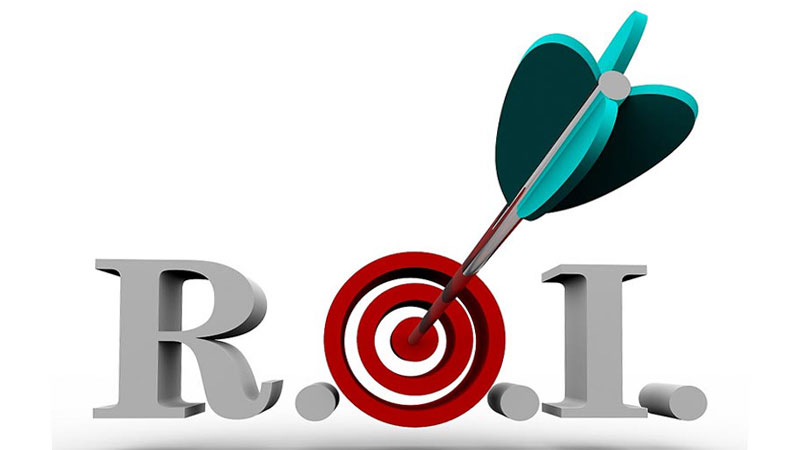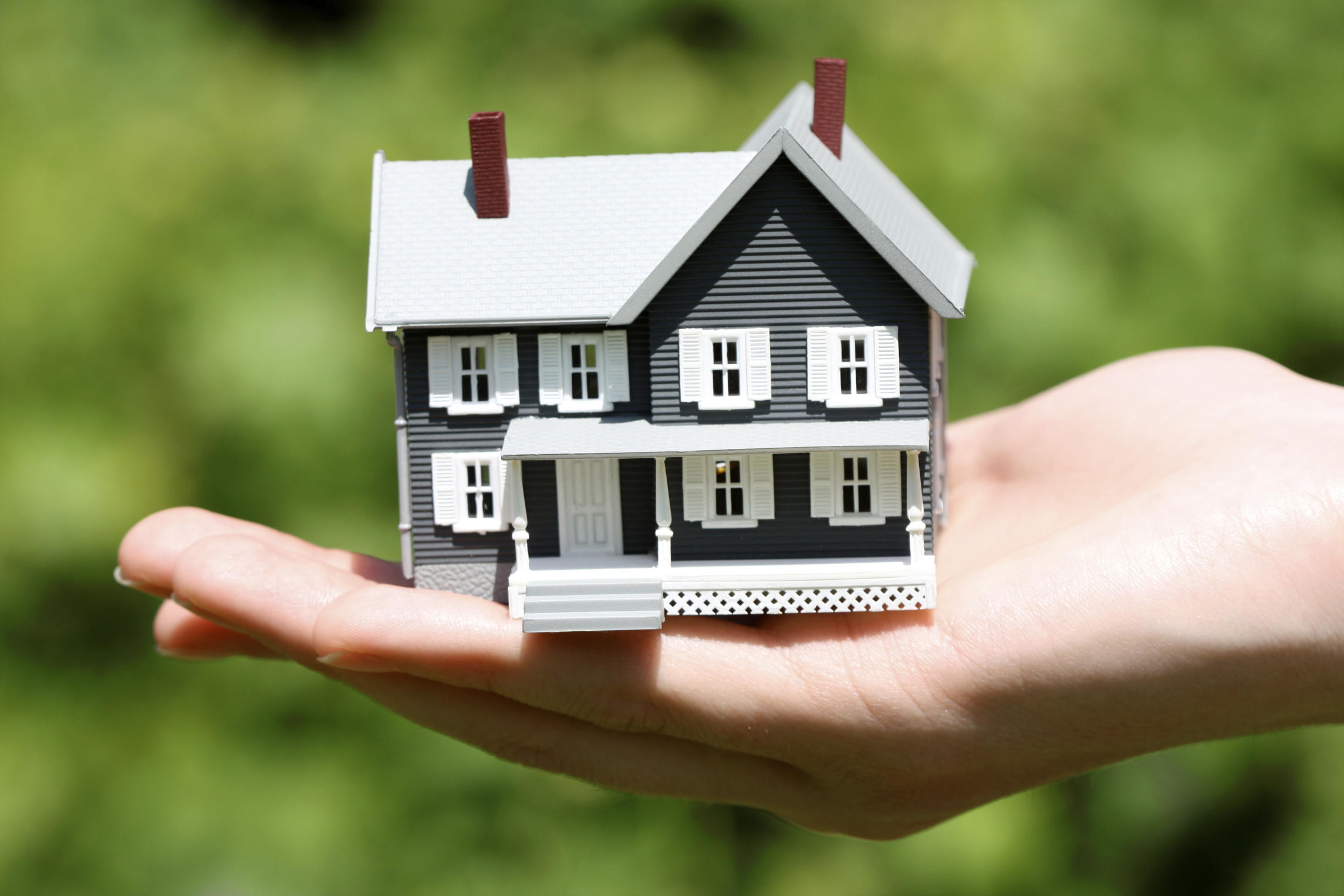1. You Must Understand Your Risk.
Obviously, as you take on more debt, your risk compounds. Only buy flip homes for cash. No mortgages. No equity lines. If you don’t have enough cash to swing these deals yourself, take on a silent partner who does have the cash and split the profits.
The problem with loans is that they are a fixed obligation you must service, no matter what. When the couple above couldn’t make the payments, they lost it all. But if you take on an equity partner, you don’t have to come up with any money until there is a profit on the sale.
Also, borrowing money takes time and costs money.Let’s say you plan on flipping two houses over the next 12 months. Further, assume you need $100,000 for each deal. It might take 30 days or more to finalize each loan and cost $2,000 in points or fees each time you take out the loan.
That means you’ll spend two months waiting and pay $4,000 in costs. Borrowing to invest in house flipping is costly.
And because of the time delays, it will be harder for you to compete with buyers who have the cash on hand. As a result you’ll end up with less attractive deals that cash buyers don’t want.
In essence, that makes borrowing to invest even more expensive.
2. You Must Understand Where The Profit Is.
When you flip homes, you must move quickly. Not only do you need to buy quickly, you need to sell the house fast — and that means you must sell under-market.
If you wait for the buyer who is willing to pay top dollar, you’ll wait- a long time and increase your risk that the market may turn against you. You’ll also lose valuable time that could be used flipping other homes.
If your profit is $30,000 per deal and you flip three houses in a year, you pocket a sweet $90,000. But let’s say you hold out for more profits and you can only turn two houses in a year. Even though your profit might be $40,000 a deal, you still earn $10,000 less. Got it?
If you consider the implications, you’ll see that in order to sell a home under-market and still make a profit, the key is to buy it inexpensively.
That often means it’s a good idea to buy property that has been foreclosed on. You have to master your market and find good Realtors to work with.
3. This Doesn’t Work All The Time In All Markets.
Even though you profit when you buy the house, you want to flip property in an appreciating market. If you live in an area that isn’t appreciating, you might be better off doing this somewhere else.
And if home prices are dropping, you are playing Russian roulette by getting into this game no matter where you are. Just the same, you can’t predict when the market is going to turn.
To be on the safe side, make sure that you’ll be able to hold on to the home as a rental property for a while, if need be.
4. Rehabbing Works.
In order to make money in this business, you must understand what work a house really needs, what that’s going to cost and how that will impact your offer. That sets the stage for you to do all the work, sell the house under-market and still make a profit.
Your best bet is to buy real estate that needs cosmetic work that is inexpensive to perform yet makes the property much more attractive to buyers.
Pass on any projects that need structural repair. Hire a good contractor, and get him to inspect the property. Don’t buy homes that need bathroom or kitchen renovation unless they are super cheap. That work will cost you big bucks and take lots of time. Look for a simpler deal.
The Investing Answer: The key to making money flipping houses is to buy right and slash risk. You buy right when you understand your market and your repair plan. You cut risk by only using cash, never borrowing money and by completing the flip fast.
Read more of this article by Neal Frankie: http://bit.ly/1Mo8VB7






Leave A Comment